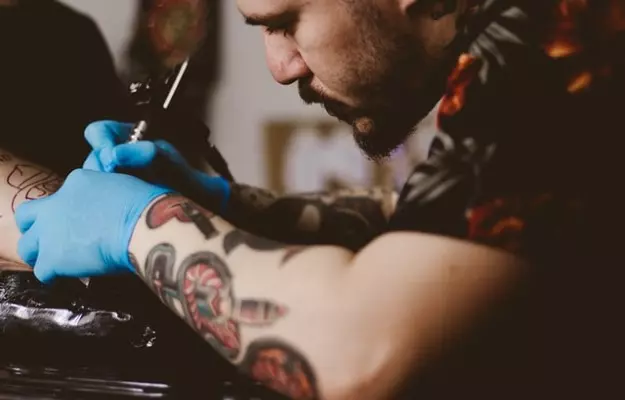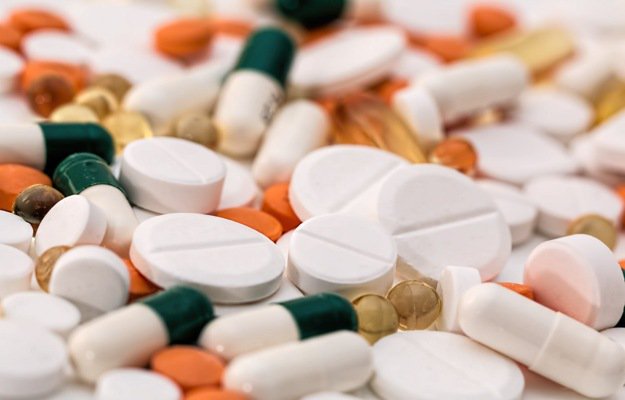It is important to fully understand the risks involved before making a decision to get a tattoo. Most risks and complications arise while the tattoo is still fresh and the skin is healing, which makes it even more important to be vigilant and have good after-care.
Possible complications include:
Skin Infection: An infection can also occur if the water is not sterile and mixed with the ink before the process. A skin infection is the most likely side effect, that too within the first two weeks of getting a tattoo as it is the healing period where the dead skin peels off. Some of the symptoms of an infection can include itchiness, reddening of the skin and a kind of discharge.
While tattoo artists would instruct you on how to look after your tattoo immediately after getting inked, it is always a good idea to follow all the instructions with utmost care to prevent infections in the tattooed area.
The spread of a skin infection can result in a fever and in the case of a severe infection, the skin problems may become continual.
Needles must be sterilised: It can’t be stressed enough that getting a tattoo involves the piercing of the skin with needles, and it is the artist as well as your duty to ensure that sterile, or completely new needles are used for each tattoo. Much like injections, tattoo needles also carry the risk of various infections of the blood, such as HIV & hepatitis C .
Allergic reactions: Some people may be allergic to tattoo ink as well, especially if it contains plastic. Certain colour pigments such as red, yellow, blur and green are usually considered to contain allergens.
One of the highlights of these side effects are that they do not necessarily occur immediately after getting inked, and can happen years after you have got the tattoo.
Keloid scarring: Keloid scars are basically formed when too much protein builds up over a scar tissue. Tattoos have the potential to scar. You are at a risk of developing keloid scars which show up as raised bumps when your tattoo doesn’t heal properly, or if you have an infection or an allergic reaction.
Complications with MRIs: In rare cases, going under an MRI scan machine may lead to side effects. There may be a pulling sensation on the skin where the tattoo is because certain tattoo inks - perhaps of poor quality - may contain magnetic pigments. This may lead to swelling or itchiness after a scan, but these tend to go away by themselves.
































